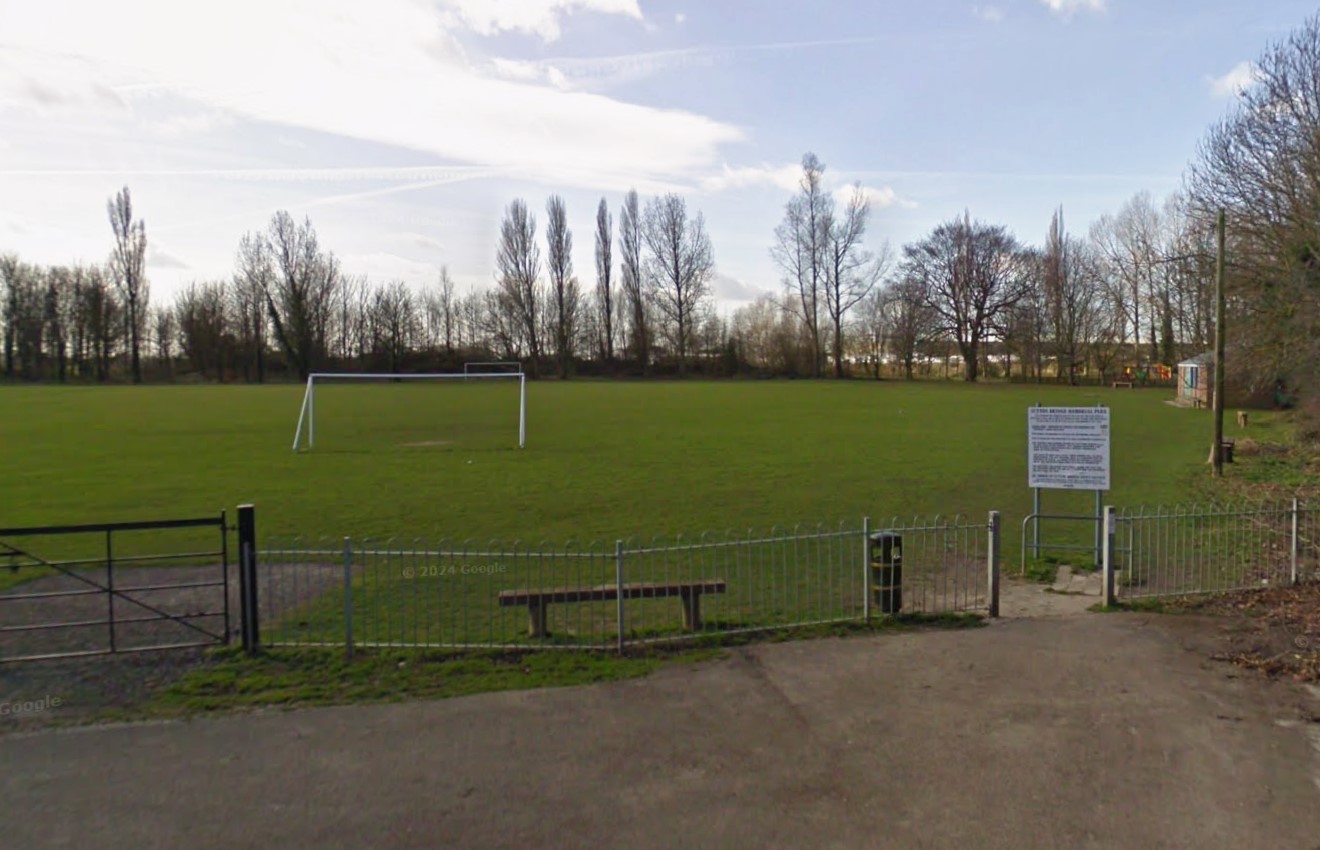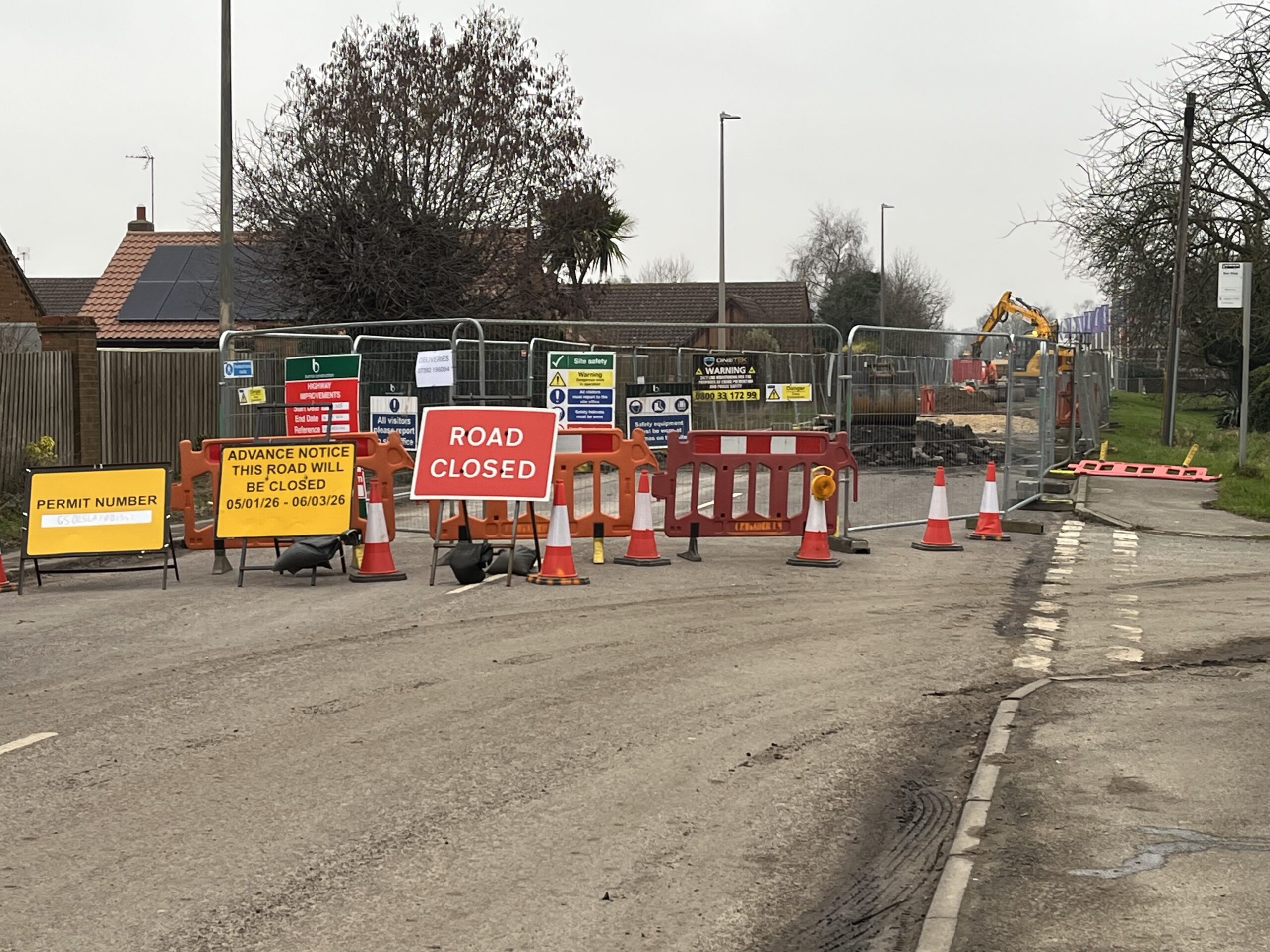MP John Hayes has been criticised for leading a government bill that ended the moratorium on fracking.
The Green Party parliamentary candidate for South Holland and the Deepings, Dan Wilshire, has criticised Mr Hayes for leading the bill, saying: “This is irresponsible behaviour from an MP supposedly representing a rural constituency.
“We have seen in America the adverse effects that fracking has had in the countryside.”
In the US, research indicates that water pollution caused by fracking can be linked to livestock sickness, infertility, birth complications, reduced growth rates, and even death. Farmland has had to be abandoned in some cases.
Mr Wilshire added: “We need only look at the complications that have arisen as a result of fracking to see that this is not something that a representative of South Holland and the Deepings should be endorsing.
“The residents of this rural area are likely to be among those worst affected should fracking go ahead.
“Here we have yet another out of touch politician putting corporate profit ahead of public health and safety.”
Mr Wilshire also rubbished any claims that the benefits of fracking outweighed the costs.
“The idea that fracking lowers gas prices is unfounded: The price of gas is determined at the international level, and so the difference that fracking in this country will make to that price is negligible.
“Fracking is a short-term fix for a deeper problem.
“We need to be investing in renewable energies and better insulating our homes, not supporting some attempt to push the problem to one side for a few years.”
Responding to the criticism, Mr Hayes said: “There are no plans or proposals whatsoever for fracking in South Holland.
“Shale gas can play a big part in our long term energy security, and can boost jobs and growth. But we must ensure fracking is safe and that we minimise the environmental impact – that’s why the Government introduced an amendment to the Infrastructure Bill, which I led through its Parliamentary stages, listing 11 safety criteria which must be met before fracking can take place.
“The argument about drinking water is a completely specious one because the statute is absolutely clear about the responsibilities for protecting drinking water – in any case, fracking takes place well below the aquifer so the prospect of affecting drinking water is absolutely infinitesimal.”







